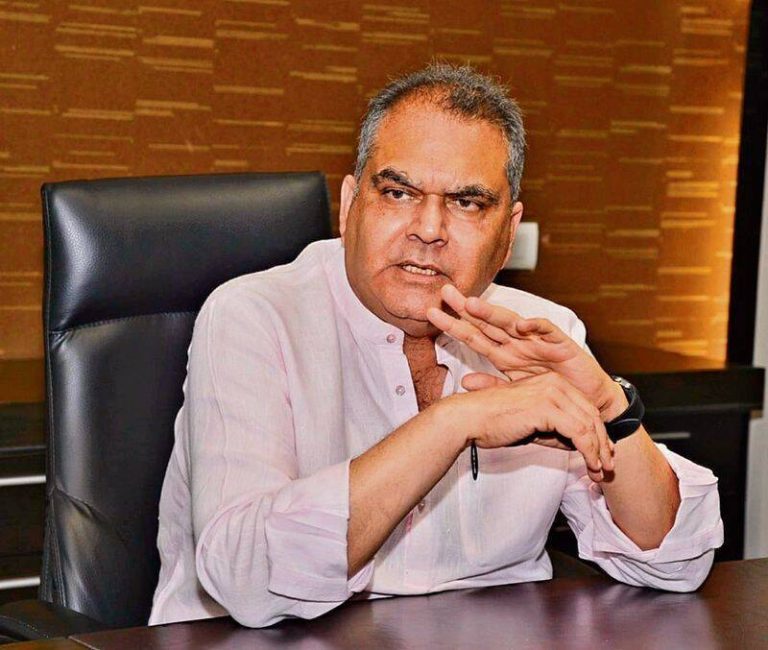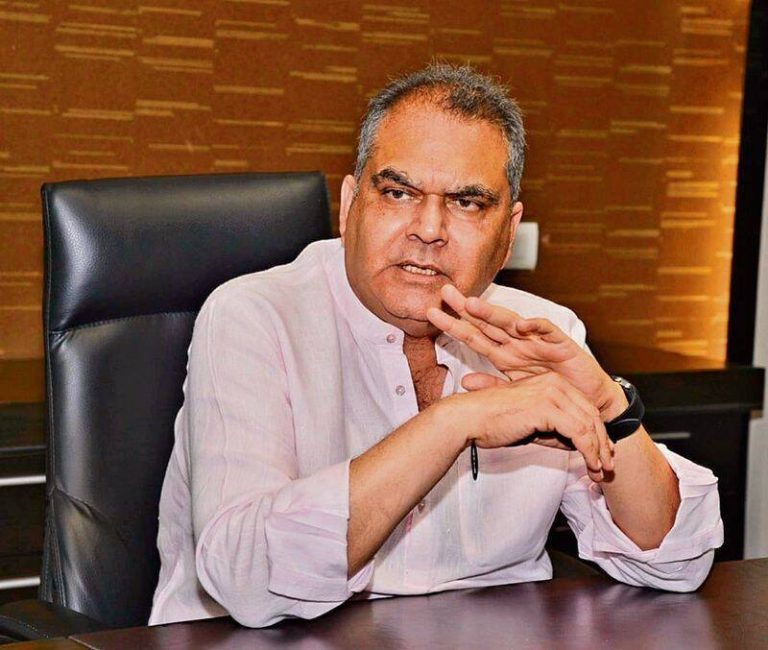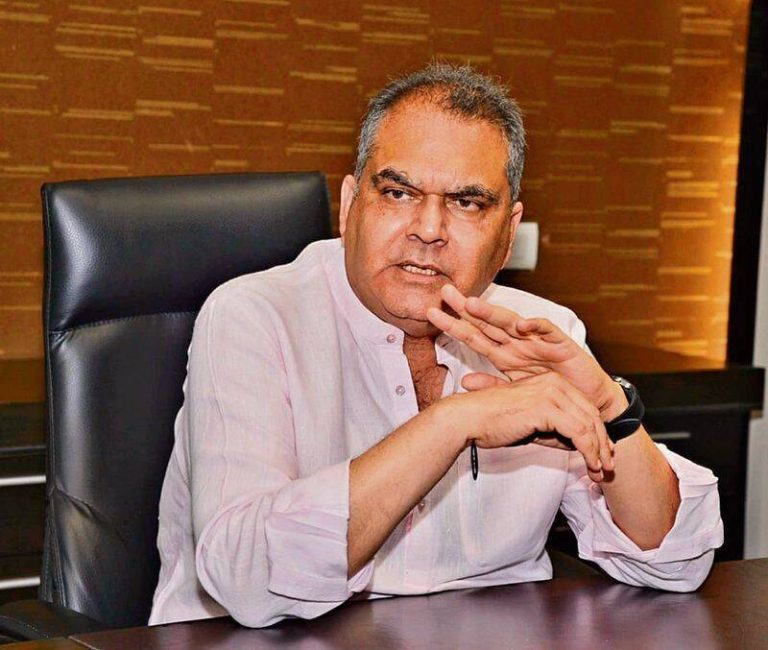
Muslims & Christians are also Hindus if they follow Indian culture: RSS chief Bhagwat
In a recent statement, Rashtriya Swayamsevak Sangh (RSS) chief Mohan Bhagwat has sparked a significant debate by redefining the term “Hindu.” According to Bhagwat, anyone who takes pride in Bharat, or India, can be considered a Hindu. This statement has far-reaching implications, as it challenges the traditional understanding of Hinduism as a religion and instead emphasizes the importance of cultural identity.
Bhagwat’s statement was made during a speech, where he emphasized that the term “Hindu” is not limited to a specific religion or community. He said, “If Muslims and Christians, even without giving up their worship, customs and traditions, worship this country, follow Indian culture…then they are Hindus.” This definition of Hinduism is based on the idea that anyone who identifies with Indian culture and values can be considered a Hindu, regardless of their religious affiliation.
This statement has sparked a mix of reactions, with some people welcoming the inclusive definition of Hinduism, while others have expressed concerns about the implications of such a definition. Some have argued that this definition blurs the lines between different religions and cultures, and could lead to a loss of identity for minority communities.
However, Bhagwat’s statement also reflects a deeper understanding of Indian culture and history. India has always been a diverse and pluralistic society, with people from different religions and cultures living together and contributing to the rich tapestry of Indian culture. By emphasizing the importance of cultural identity, Bhagwat’s statement recognizes the shared values and traditions that unite Indians across different faiths and communities.
Moreover, Bhagwat’s statement also reflects the idea that India does not need an official label to be a “Hindu Rashtra” or a Hindu nation. According to him, India’s civilization already reflects the values and principles of Hinduism, and therefore, there is no need for a formal declaration. This statement is significant, as it challenges the idea that a country needs to be formally declared as a Hindu nation in order to reflect its cultural identity.
The concept of a Hindu Rashtra has been a topic of debate in India for several years, with some groups advocating for the idea of a Hindu nation, while others have opposed it, citing concerns about the rights of minority communities. Bhagwat’s statement suggests that the idea of a Hindu Rashtra is not about imposing a particular religion or ideology on others, but rather about recognizing and celebrating the shared cultural heritage of India.
In this context, it is worth noting that the term “Hindu” has a complex and multifaceted history. The term “Hindu” was originally used to describe the people who lived in the Indus Valley region, and over time, it came to be associated with a particular set of religious and cultural practices. However, the term “Hindu” has always been broader than just a religious affiliation, and has encompassed a wide range of cultural, linguistic, and regional identities.
Bhagwat’s statement also reflects the idea that Indian culture is not just about religion, but about a shared set of values and traditions that unite people across different faiths and communities. This idea is reflected in the concept of “Bharatiyata,” or Indianness, which emphasizes the shared cultural heritage of India and the values of tolerance, pluralism, and diversity that are inherent to Indian society.
In conclusion, RSS chief Mohan Bhagwat’s statement that Muslims and Christians can be considered Hindus if they follow Indian culture has sparked a significant debate about the meaning and definition of Hinduism. While some people have welcomed the inclusive definition of Hinduism, others have expressed concerns about the implications of such a definition. However, Bhagwat’s statement also reflects a deeper understanding of Indian culture and history, and recognizes the shared values and traditions that unite Indians across different faiths and communities.
As India continues to evolve and grow as a nation, it is essential to recognize and celebrate the diversity and pluralism of Indian society. By emphasizing the importance of cultural identity and shared values, Bhagwat’s statement reflects a vision of India that is inclusive, tolerant, and celebratory of its diversity. Whether or not one agrees with Bhagwat’s definition of Hinduism, his statement has sparked an important conversation about the meaning and significance of Indian culture and identity.






